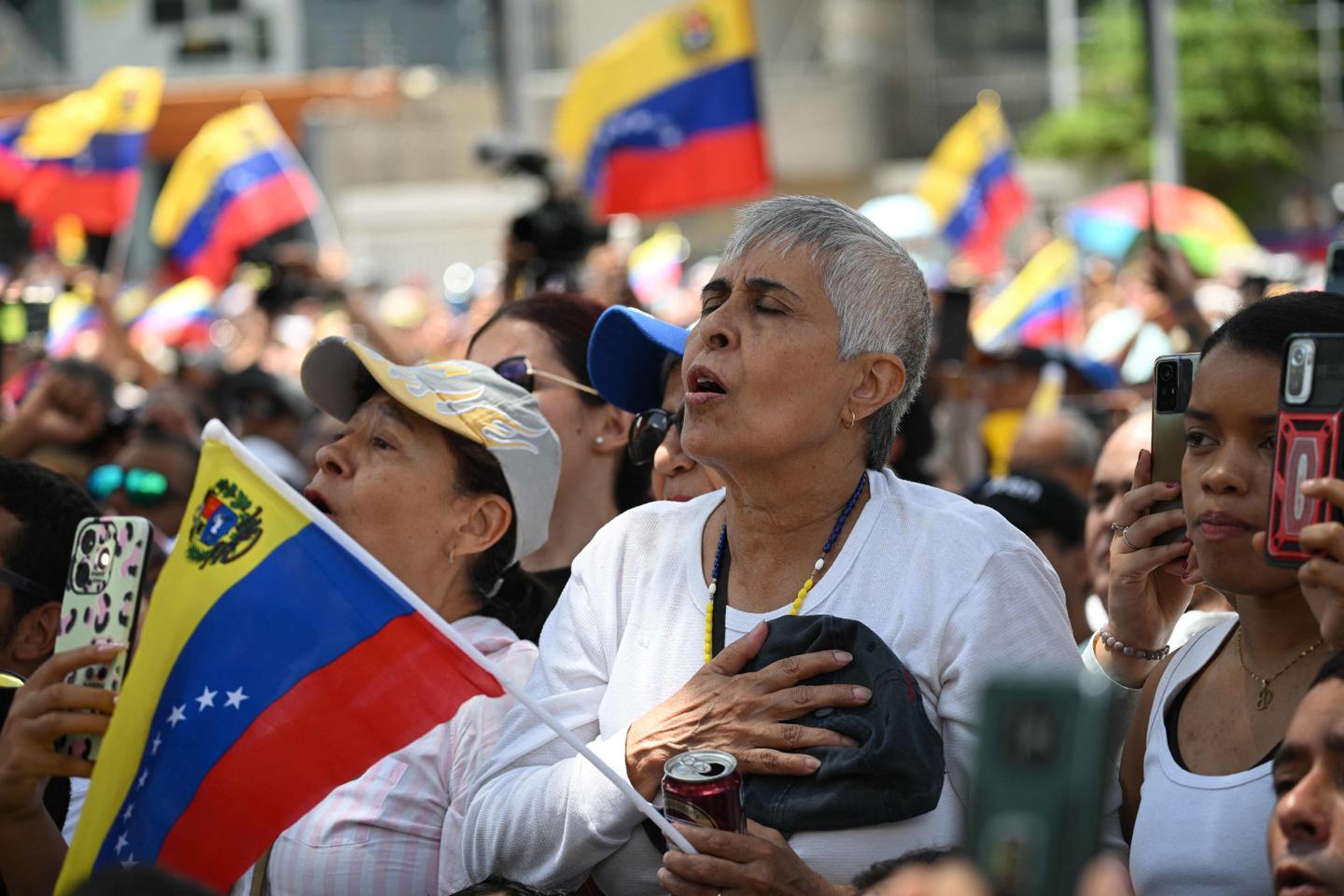


A week after the Venezuelan presidential election on July 28, doubts about the results and tension in the country remain high. The National Electoral Council (CNE) has still not made public the details of the votes, stating only that President Nicolas Maduro was re-elected with 51.95% of the vote while his main opponent, Edmundo Gonzalez Urrutia, obtained 43.18%.
On the basis of the 25,000 tally sheets – out of 30,000 – published by the opposition on a website, giving victory to Gonzalez Urrutia with 67% of the vote, the United States and several Latin American countries now say they are convinced there was fraud and have recognized the victory of the opposition candidate. On the evening of Sunday, August 4, the Council of the European Union stated in a press release that, "without evidence to support them, the results published on 2nd August by the CNE cannot be recognized" and that, according to the documents put online by the opposition, "Edmundo Gonzalez Urrutia would appear to be the winner."
Worried about the lack of transparency surrounding the election and the consequences of the crisis, Brazil's Luiz Inacio Lula da Silva, Colombia's Gustavo Petro and Mexico's Andres Manuel Lopez Obrador are trying to put pressure on their Venezuelan ally. In an interview with Le Monde, Colette Capriles, a professor of political science at the Simon-Bolivar University in Caracas and member of the Foro Civico civil society platform, said that dialogue between all political forces is essential.
The confrontation between the ruling Chavista party and the opposition, which has once again taken to the streets, has been going on for 25 years. How does this new crisis change things?
The Chavista government, which until now had been able to play on the fringes of legality and democracy, has crossed a red line. And it knows it. Its electoral strength had always been the foundation of its legitimacy: [former president] Hugo Chavez [1999-2013] had the resources to turn every ballot into a plebiscite. Nicolas Maduro, faced with the gradual erosion of Chavism's popular base, used the institutional system to control the population and win – sometimes by a narrow margin – the elections, taking advantage of the opposition's tactical difficulties.
Maduro was convinced he could win the July 28 presidential election. But the clientelist network that had been put in place was not enough, and this time voters from the working classes made it clear that they wanted a change, which is quite normal given the difficulties of daily life in Venezuela. They voted against the current government, not necessarily for the opposition's project.
You have 56.24% of this article left to read. The rest is for subscribers only.
